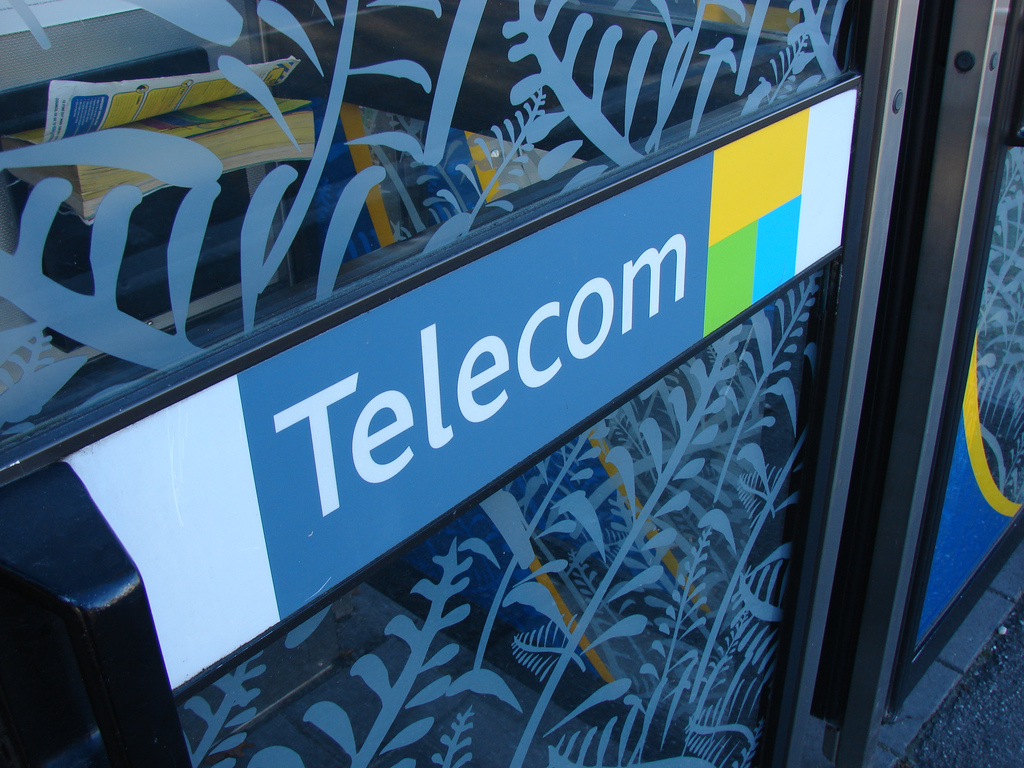Where does Canada stand with respect to the cost of wireless services? That question recently generated a spirited debate when the Organization for Economic Co-operation and Development released new figures that ranked it as the third most expensive developed country. Critics pounced on the report, calling the results ridiculous and pointing to perceived flaws in the methodology.
Given that consumers have a hard time making sense of the different plans, options, and hidden fees offered by Canada’s big three wireless providers (Rogers, Bell, and Telus), it should come as little surprise that comparisons of wireless services across dozens of countries is exceptionally difficult. Some countries charge consumers for both incoming and outgoing calls, while many others do not. Moreover, hidden charges such as Canada’s system access fee – which can add as much as 25 percent to a monthly bill – are often excluded from cost calculations.
While the debate will continue to rage, few currently hold Canada up as a model of wireless leadership. If not pricing, what should policy makers and politicians be focusing on? My weekly technology column (Toronto Star version, homepage version) argues that four main issues come to mind.







